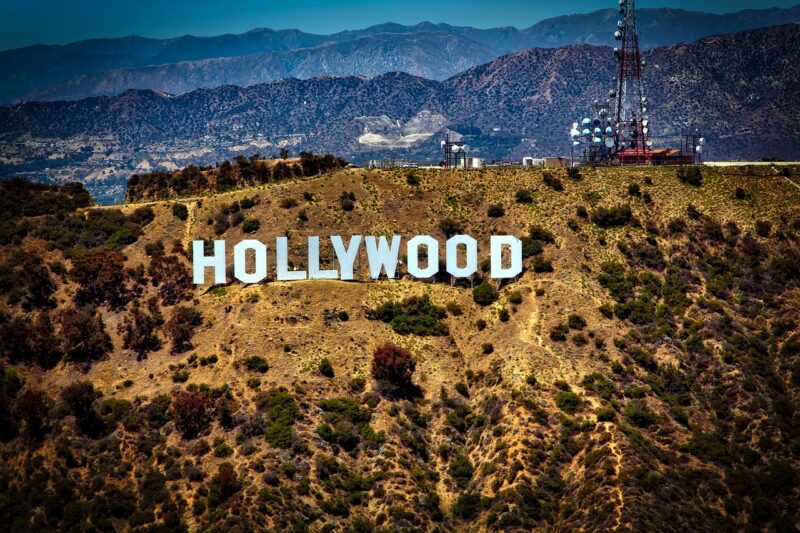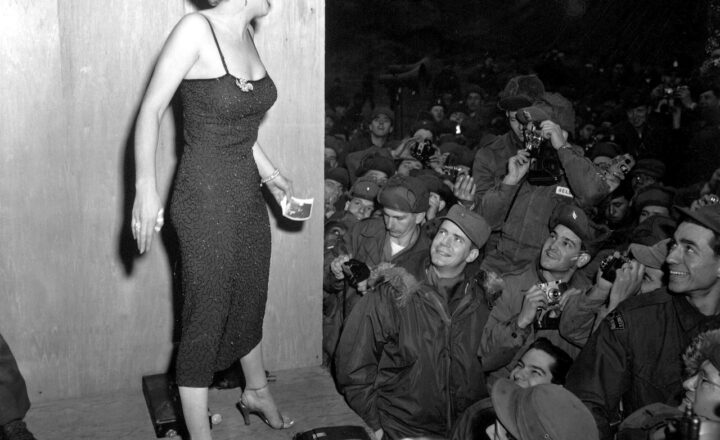The FBI’s Files on Hollywood Stars: Surveillance, Suspicion, and Scandal
November 15, 2024

Over the decades, Hollywood has been a realm of glamour, talent, and larger-than-life personas. However, beneath this façade lies a complex narrative involving surveillance, government suspicion, and sometimes, scandal. The FBI’s extensive files on Hollywood stars reveal a different story — one of intrigue, suspicion, and a persistent desire by federal authorities to keep tabs on these influential individuals.
1. Historical Context of FBI Surveillance
To understand the scope of the FBI’s interest in Hollywood, we need to delve into the context under which surveillance began. Starting in the late 1930s and continuing through the decades, the FBI operated under the vision of Director J. Edgar Hoover, who believed that Hollywood was rife with potential subversives, communists, and other threats to national security.
The fear of communism intensified during the Cold War era, particularly following World War II. Hollywood was often viewed as a breeding ground for leftist ideas due to its progressive culture, and the FBI grew increasingly wary of the influence that celebrities could exert over the American public.
During this time, the Bureau collected files on numerous actors, directors, and producers, often tapping into their private lives and political affiliations under the guise of anti-communism efforts. The tension between the federal government and Hollywood reached a fever pitch in the McCarthy era, where accusations and paranoia led to reputations being tarnished and careers derailed.
2. Notable Figures and Their Files
The FBI’s surveillance impacted many iconic figures in Hollywood’s history. Notably, the files on stars like Marilyn Monroe, John Wayne, and even Charlie Chaplin highlight a range of concerns — from political affiliations to personal behaviors that the FBI deemed necessary to monitor.
Marilyn Monroe: A Symbol of Intrigue
Marilyn Monroe’s life was shrouded in mystery, and her ties to notable political figures, including President John F. Kennedy, made her an object of FBI scrutiny. Reports suggest that the agency was interested not only in her purported communist affiliations but also in her relationships with powerful men, viewing them as potential risks to national security. The Bureau’s files, spanning several years, reveal insights into her personal struggles, linking her tumultuous life to broader narratives of fear and suspicion.
John Wayne: The Patriot Image
John Wayne, celebrated as a quintessential American hero, was closely monitored due to his conservative views and vocal opposition to communism. The FBI’s files indicate that Wayne’s activities in the public sphere, including his involvement in anti-communist rallies, brought him under surveillance. Interestingly, despite his image as a robust patriot, FBI files reveal concerns about his behavior, including accusations of inappropriate conduct.
Charlie Chaplin: The Target of Controversy
Chaplin’s reputation as a beloved filmmaker soon turned contentious when his alleged communist leanings came to light. His long-time residence in the United States, coupled with his critiques of capitalism during a time of growing anti-communist sentiment, made him a target for the FBI. The Bureau’s files on Chaplin highlight how the government’s suspicions led to a controversial deportation order. His story is emblematic of the tragic consequences that could result when art and politics collide.
3. The Impact of Surveillance on Careers
The consequences of FBI surveillance weren’t limited to mere monitoring; many stars faced career repercussions due to their files. The sense of constant scrutiny often led celebrities to self-censor or alter their public personas. The blacklist during the McCarthy era is one of the most significant instances of how the Bureau’s interest in Hollywood negatively impacted lives and careers.
Actors like Dalton Trumbo, who was blacklisted for his communist affiliations, faced a significant loss of opportunities, despite their talent. The shockwaves of suspicion cast over Hollywood led many stars to reevaluate their political affiliations and personal relationships, often leading to a more conservative and conformist culture within the industry.
Moreover, the climate of fear forced many to remain silent, regardless of their political beliefs, leading to a frustrating ambiguity in artistic expression. The lingering impact of surveillance continues to resonate, as many creatives today still discuss the importance of freedom of expression in regard to government scrutiny.
4. The Role of the Media
The media played a crucial role in amplifying the FBI’s suspicions. Stories of political affiliations, personal scandals, and supposed ‘un-American’ activities were often sensationalized, feeding into the surveillance culture that permeated Hollywood.
Tabloids and entertainment news outlets capitalized on rumors, playing into the government’s narrative of threat. The line between fact and speculation often blurred, damaging reputations and careers. This intersection of media and government surveillance demands a deeper investigation into how public consciousness around celebrity figures was shaped by fear and suspicion, often for the benefit of entertainment rather than truth.
Furthermore, the existence of these files demonstrates the lengths to which the FBI would go to monitor public figures while capitalizing on their notoriety. This intersection of celebrity and governmental scrutiny continues to provoke fascinating discourse in today’s society, as questions linger about privacy, public scrutiny, and the commodification of fame.
5. Conclusion: A Legacy of Surveillance
In conclusion, the FBI’s files on Hollywood stars reveal a complicated intersection of fame, paranoia, and political intrigue. The implications of government surveillance reached beyond mere monitoring into the territory of consequence — damaging careers, shaping public perceptions, and fostering an environment of fear.
While Hollywood continues to be a platform for expression and creativity, the shadows of past scrutiny remind us of the importance of freedom and the potential consequences of government oversight. As we continue to explore this facet of history, it’s crucial to acknowledge both the artistry and the vulnerabilities inherent in this glittering world, reminding ourselves that even the brightest stars have faced dark times.







